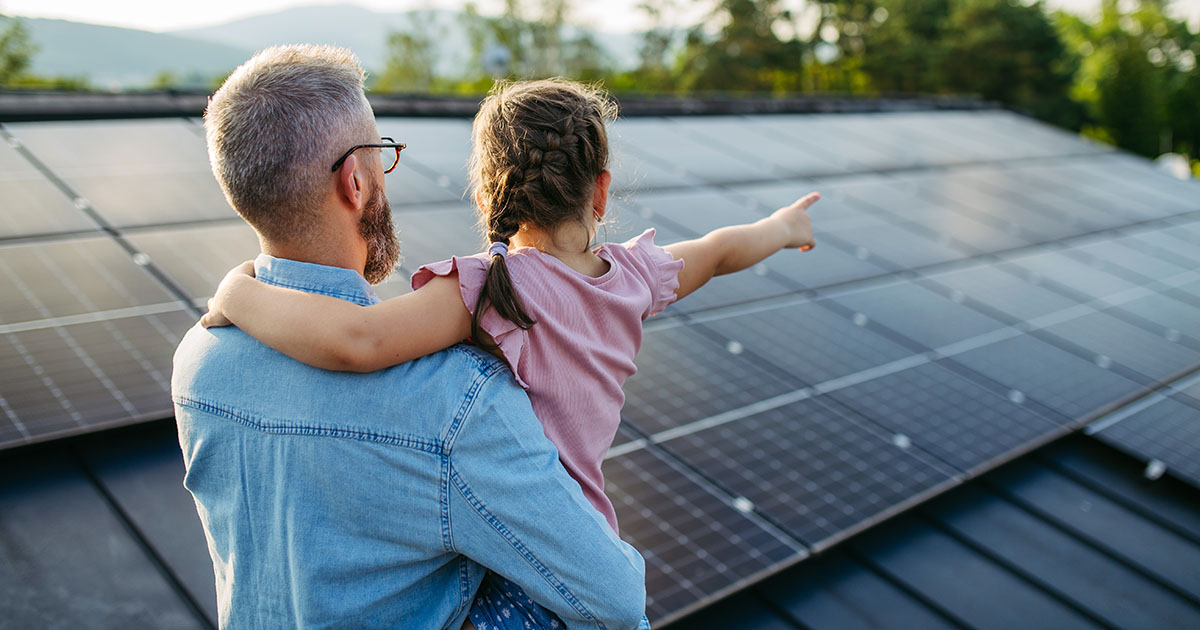The One Big Beautiful Bill Act (OBBBA) signed into law on July 4, 2025, has narrowed or terminated many of the federal policies supporting residential energy improvements and clean vehicle purchases under the Inflation Reduction Act (IRA). Credits and deductions aimed at making it easier for individuals and businesses to go green are being scaled back. With several consumer credits repealed, taxpayers need to act quickly to maximize their savings. Below, we break down what’s ending, when, and what it means for you.
Please note: Comprehensive IRS guidance on many OBBBA provisions is still forthcoming. For the most current information, consult your tax advisor.
Expiring energy credits and deductions
Here’s a rundown of the key energy credits and their termination dates:
Expired Sept. 30, 2025
- Previously Owned Clean Vehicles Credit (25E)
- New Clean Vehicle Credit (30D)
- Qualified Commercial Clean Vehicle Credit (45W)
Expiring Dec. 31, 2025
- Energy Efficient Home Improvement Credit (25C)
- Residential Clean Energy Credit (25D)
Expiring June 30, 2026
- Alternative Fuel Vehicle Refueling Property Credit (30C)
- New Energy Efficient Home Credit (45L)
Residential energy credits: What’s still available?
The Residential Clean Energy Credit (25D) allows taxpayers to claim 30% of qualified expenses — including parts, labor, and installation — for solar panels, battery storage, solar water heaters, geothermal heat pumps, small wind energy projects, and fuel cell property. However, installations completed after Dec. 31, 2025, will not qualify. If you’re planning a project, make sure installation is done before year-end or risk losing out.
The Energy Efficient Home Improvement Credit (25C) offers up to 30% of the cost for energy-efficient home improvements, subject to annual limits per improvement type. Eligible upgrades include energy-efficient pumps, water heaters, AC units, boilers, electric panels, windows, and doors. Projects must be installed by Dec. 31, 2025, to qualify.
The New Energy Efficient Home Credit (45L) provides incentives for residential units sold or leased by June 30, 2026, with amounts based on certification and property type:
- Single-family homes: $2,500/unit (ENERGY STAR); $5,000/unit (DOE Zero Energy Ready Home)
- Manufactured homes: $2,500/unit (ENERGY STAR); $5,000/unit (DOE Zero Energy Ready Home)
- Multifamily homes: $500/unit (ENERGY STAR, post-2020); $2,500/unit (with prevailing wage); $1,000/unit (DOE Zero Energy Ready Home); $5,000/unit (with prevailing wage)
- Homes sold or leased prior to 2020: $2,000/unit (new energy-efficient home); $1,000/unit (manufactured homes)
Electric vehicle credits
Clean vehicle incentives have been phased out most quickly under OBBBA. The New Clean Vehicle Credit (30D), which provides up to $7,500 for new clean vehicles, and the Previously Owned Clean Vehicles Credit (25E), offering up to $4,000, ended for vehicles acquired after Sept. 30, 2025.
One EV tax credit still in place is the Alternative Fuel Vehicle Refueling Property Credit (30C), which straddles both vehicle and residential categories. For individuals, the credit covers 30% of the cost (up to $1,000 per item) for EV chargers or other alternative fuel refueling property installed at a main home between Jan. 1, 2023, and June 30, 2026. For businesses, the credit is 6% of the cost (up to $100,000 per item) for qualified property placed in service during the same period.
We’re here to help
If you’re considering energy-efficient home improvements or alternative fuel refueling installations, time is of the essence. Only projects completed before their respective deadlines will be eligible for these valuable credits. Start planning and executing now to ensure you don’t miss out.
Navigating the evolving landscape of clean energy tax incentives can be complex. For personalized guidance and to make sure you take full advantage of the credits while you still can, contact your Mowery & Schoenfeld tax advisor today.
READ MORE: Qualified Small Business Stock rules under OBBBA
READ MORE: How the new tax law affects businesses
READ MORE: What the One Big Beautiful Bill Act means for individuals
READ MORE: How the OBBBA changes charitable deductions

